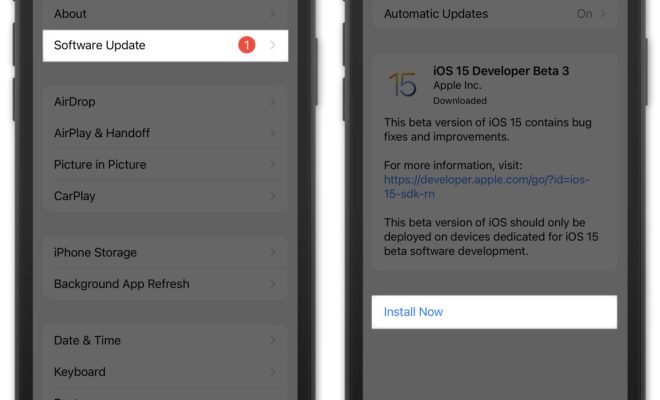What Is Considered Full Coverage Auto Insurance in Florida?

Introduction:
Full coverage auto insurance is a term commonly used to describe a combination of coverages that protect you, your vehicle, and others in case of an accident or damage. In Florida, full coverage auto insurance usually consists of liability, collision, and comprehensive insurance policies. But what does each of these entail, and what’s required under state law? This article will delve into the details of full coverage auto insurance in Florida.
Liability Insurance:
Florida is an at-fault car insurance state. This means when an accident occurs, the at-fault driver is responsible for the damages to others involved. Under Florida law, every driver is required to carry a minimum amount of liability insurance. This includes $10,000 for personal injury protection (PIP) and $10,000 for property damage liability (PDL). Liability insurance covers the medical expenses and property damage costs of other drivers or passengers when you’re at fault for an accident.
Collision Insurance:
Collision insurance pays for the damages caused to your vehicle if it’s involved in a collision with another object (e.g., another vehicle or a tree). In Florida, collision insurance isn’t mandatory but can be valuable to have on hand since it provides coverage regardless of who’s at fault. If you’re financing or leasing your car, your lender may require this type of coverage.
Comprehensive Insurance:
Comprehensive insurance, also known as “Other Than Collision” coverage, protects your vehicle from non-collision-related damages such as theft, vandalism, natural disasters like hurricanes or floods, and damage caused by animals. Like collision insurance, comprehensive insurance isn’t legally mandated in Florida, but it can give you peace of mind knowing your car is covered for unforeseen events.
Uninsured/Underinsured Motorist Coverage:
In addition to the standard coverages mentioned above, some Floridians may opt to purchase uninsured/underinsured motorist (UM/UIM) coverage. This coverage protects you in the event you’re involved in an accident caused by a driver who doesn’t have enough insurance to cover your bills—or no insurance at all. UM/UIM coverage is optional in Florida, but it can be a lifesaver if you find yourself in such a situation.
Conclusion:
Full coverage auto insurance in Florida typically encompasses liability, collision, and comprehensive insurance policies. While some components, like liability insurance, are legally required, others—such as collision and comprehensive—aren’t mandatory but can offer valuable protection for your vehicle. To ensure you have adequate coverage, it’s essential to review your policy options and ensure that they align with your needs and budget. In doing so, you can enjoy peace of mind knowing that you’re protected on the roadways of the Sunshine State.






